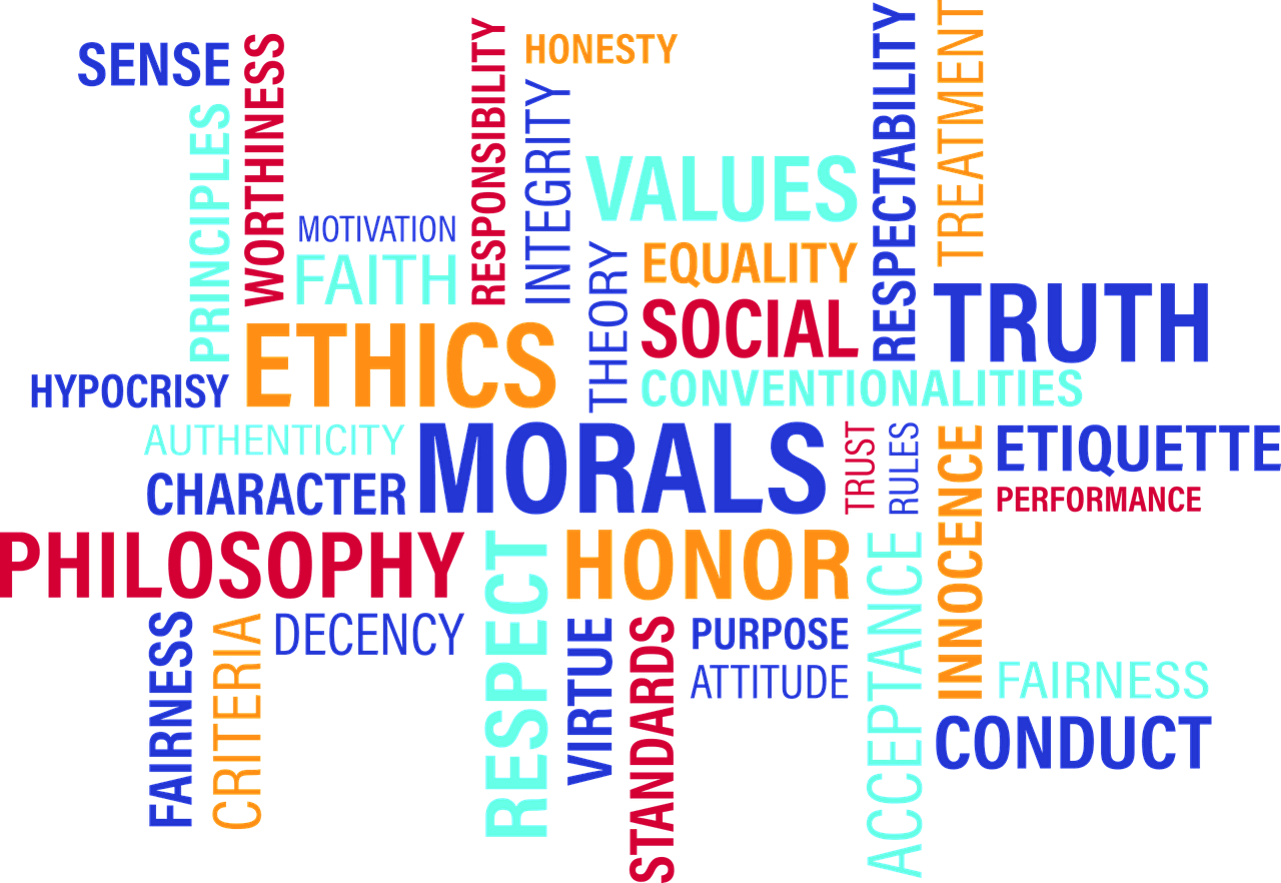Exploring the Complexities and Ethical Dilemmas of the Domain Name Market: From Cybersquatting and Hoarding to Speculation and the Impact on Businesses and the Internet, and Offering Solutions through Regulation, Education, and the Development of Alternative Systems for Ownership and Registration.
Domain names are internet addresses that help individuals and businesses to establish their online presence. They play an important role in determining the success of an online business, as they can influence search engine rankings and brand recognition. As the demand for domain names continues to rise, so does the practice of buying and selling them for profit. While this practice is legal, it raises ethical questions that need to be addressed.
The first ethical dilemma of buying and selling domain names is the issue of cybersquatting. Cybersquatting refers to the act of registering, trafficking in, or using a domain name with the intent of profiting from the goodwill of a trademark or a famous name. This practice is unethical because it often involves the use of misleading domain names, which can confuse internet users and divert traffic from legitimate websites. For example, a cybersquatter could register a domain name similar to a well-known brand name, such as “Nikeoutlet.com,” and use it to sell counterfeit products or redirect visitors to a different website. This can damage the reputation of the brand and harm its customers.
The second ethical dilemma of buying and selling domain names is the issue of domain name hoarding. Domain name hoarding refers to the practice of registering multiple domain names with the intent of preventing others from using them or selling them at a higher price in the future. This practice is unethical because it limits the availability of domain names for legitimate businesses and individuals, and it can artificially inflate the prices of domain names. For example, a domain name hoarder could register multiple domain names related to a popular industry, such as “cryptocurrency.com,” and hold them for ransom, demanding exorbitant prices from potential buyers.
The third ethical dilemma of buying and selling domain names is the issue of domain name speculation. Domain name speculation refers to the practice of buying domain names with the intent of selling them for a profit in the future. While this practice is legal, it raises ethical questions about the value of domain names and their impact on the internet. Domain name speculators often register domain names related to popular keywords, such as “insurance.com,” in the hope of selling them to insurance companies for a high price. This can create a situation where domain names are treated as commodities rather than as online addresses that serve a specific purpose.
To address these ethical dilemmas, there are several measures that can be taken. The first measure is the implementation of stricter regulations on the registration and use of domain names. This can include measures such as requiring proof of legitimate use or ownership of trademarks for domain names related to established brands, limiting the number of domain names that can be registered by a single individual or company, and imposing penalties for cybersquatting or domain name hoarding.
The second measure is the promotion of ethical practices in the buying and selling of domain names. This can be achieved through education and awareness campaigns that highlight the negative impacts of cybersquatting, domain name hoarding, and domain name speculation on the internet and on businesses. Such campaigns can also encourage ethical practices such as registering domain names only for legitimate use and selling domain names at reasonable prices.
The third measure is the development of alternative systems for domain name registration and ownership. This can include the adoption of decentralized systems such as blockchain technology, which can enable individuals and businesses to register and own domain names without the need for intermediaries such as domain name registrars. Decentralized systems can also ensure transparency and security in the registration and transfer of domain names, reducing the risk of fraud and abuse.
The buying and selling of domain names is a practice that raises ethical questions related to cybersquatting, domain name hoarding, and domain name speculation. To address these ethical dilemmas, there is a need for stricter regulations, promotion of ethical practices, and the development of alternative systems for domain name registration and ownership. Ultimately, the goal should be to ensure that domain names are used ethically and for their intended purpose of providing online addresses for businesses and individuals.
It is important for individuals and businesses to be aware of the ethical implications of buying and selling domain names. For those looking to purchase a domain name, it is important to ensure that the name is not already trademarked and that it is being used for legitimate purposes. For those looking to sell a domain name, it is important to price it fairly and to avoid engaging in practices such as cybersquatting or domain name hoarding.
The ethical dilemma of buying and selling domain names is a complex issue that requires a multi-faceted approach. By implementing stricter regulations, promoting ethical practices, and developing alternative systems for domain name registration and ownership, it is possible to ensure that domain names are used in a way that benefits the internet and society as a whole.

